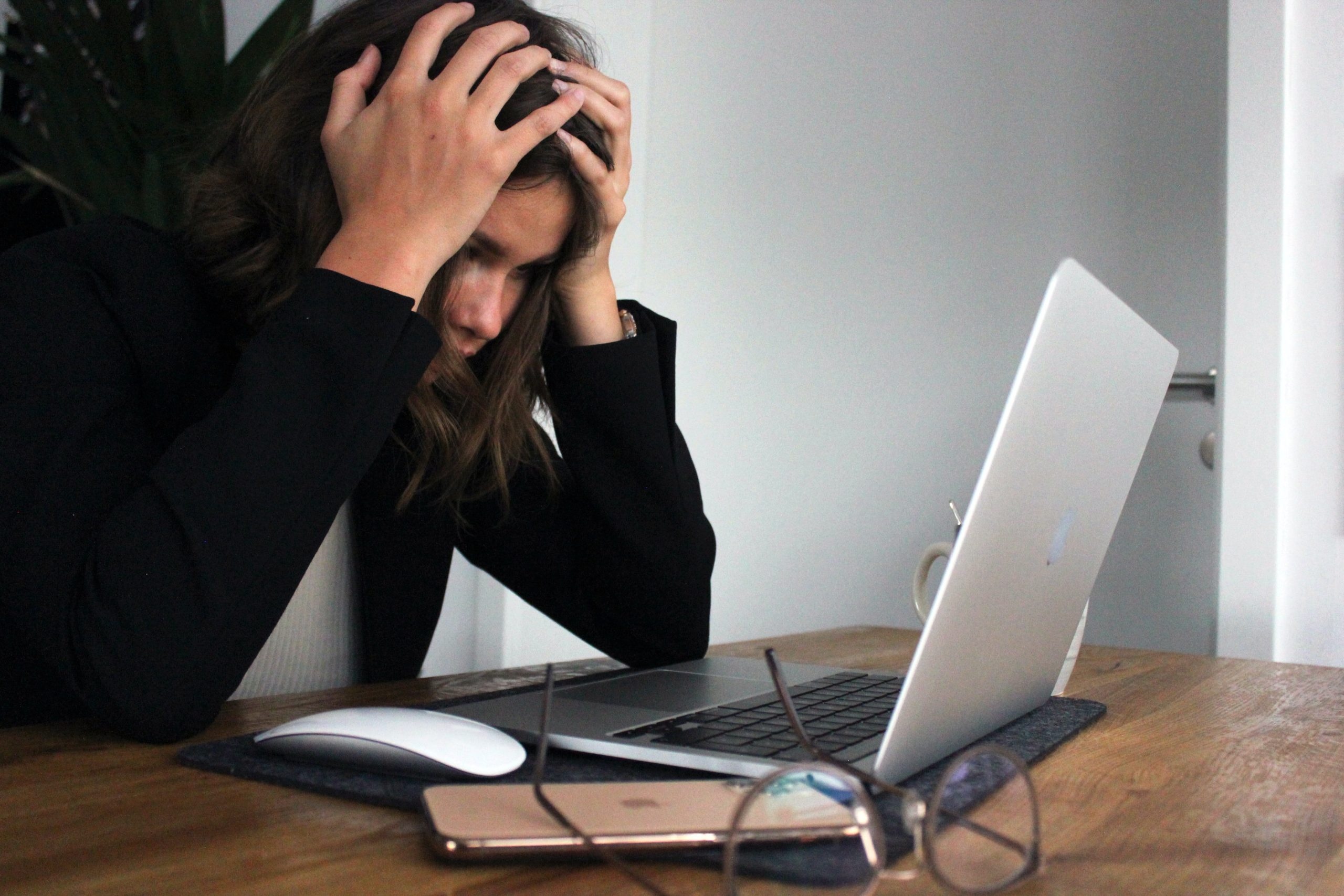Looking for a natural way to promote your health and wellness? Look no further than the ancient practice of acupuncture! This traditional Chinese medicinal art has been used for centuries to treat a wide range of ailments, from chronic pain and insomnia to anxiety and depression. But what exactly is acupuncture, how does it work, and what can you expect during an acupuncture session? In this blog post, we’ll explore the fascinating world of acupuncture and discover why it’s becoming an increasingly popular choice for those seeking a more holistic approach to healthcare. So sit back, relax, and get ready to learn all about the art of acupuncture!
What is acupuncture?
Acupuncture is an ancient form of Chinese medicine that has been used for centuries to promote health and wellness. Acupuncture involves the use of thin needles that are inserted into specific points on the body. These points are believed to be connected to the body’s energy channels, or meridians. The needles are believed to stimulate the flow of energy through these channels and promote healing.
Acupuncture is a safe and effective treatment for a variety of conditions, including pain relief, anxiety, and depression. It can also be used to help with fertility, headaches, and migraines. Acupuncture is generally considered to be a safe treatment when performed by a trained and licensed practitioner.
The history of acupuncture
Acupuncture is a centuries-old healing art that has its roots in Traditional Chinese Medicine. This system of medicine is based on the belief that there is an energy force, or Qi, that flows through the body and helps to maintain health and balance. When this flow is disrupted, it can lead to illness. Acupuncture works to restoring the flow of Qi by stimulating specific points on the body with thin needles.
Acupuncture is thought to have originated in China over 2,000 years ago. The earliest written record of acupuncture dates back to the Huangdi Neijing (The Yellow Emperor’s Classic of Internal Medicine), which was written around 100 BCE. This text contains information on the theory behind acupuncture and its practice.
During the Tang dynasty (618-907 CE), acupuncture became increasingly popular and began to spread beyond China. It was during this time that the first systematic classification of acupuncture points was developed. By the Song dynasty (960-1279 CE), acupuncture had become an integral part of Chinese medicine.
Acupuncture continued to grow in popularity and spread to other parts of Asia, Europe, and eventually the Americas. In 1972, President Nixon made a historic visit to China, during which he witnessed an acupuncture treatment firsthand. This event helped increase awareness and understanding of acupuncture in the West.
Today, acupuncture is used all over the world as a natural way to promote health and wellness. It is estimated that there are over 3 million people receiving acupuncture treatments each year
How does acupuncture work?
Acupuncture is a form of traditional Chinese medicine that has been used for centuries to promote health and wellness. The practice involves the insertion of thin needles into specific points on the body to stimulate the flow of energy, or qi.
There are a variety of theories as to how acupuncture works, but the most commonly accepted one is that it helps to balance the flow of qi in the body. Qi is believed to be the life force that flows through all living things and is responsible for our physical, mental, and emotional health. When our qi is in balance, we are able to function at our best.
Acupuncture is thought to help restore balance by stimulating the flow of qi in the body. In addition to promoting overall health, acupuncture has also been shown to be effective in treating a variety of conditions, including pain, headaches, nausea, anxiety, and infertility.
The benefits of acupuncture
Acupuncture has been used for centuries as a natural way to promote health and wellness. The practice is based on the belief that energy, or qi, flows through the body along specific pathways, or meridians. By inserting thin needles into specific points along these meridians, acupuncture can help to restore balance and promote healing.
There are a number of potential benefits of acupuncture, including:
– Relief from pain and other symptoms associated with various conditions and diseases
–Improved overall health and sense of well-being
–Reduced stress and anxiety levels
–Increased energy levels and improved sleep quality
If you are considering acupuncture for yourself or a loved one, be sure to consult with a qualified practitioner to ensure safety and efficacy.
Acupuncture for specific conditions
Acupuncture has been used for centuries to treat a variety of conditions. Today, it is still an effective treatment option for many conditions, including:
-Allergies
-Arthritis
-Asthma
-Back pain
-Depression
-Headaches
-Insomnia
-Migraines
-PMS
-Stress
Are there any risks associated with acupuncture?
Acupuncture is a form of traditional Chinese medicine that has been used for centuries to promote health and wellness. While acupuncture is generally considered safe, there are some risks associated with the procedure. The most common risk is puncturing the skin with the needles. This can cause bruising, bleeding, or infection. It is also possible to have an allergic reaction to the needles or other materials used during acupuncture.
How to find a qualified acupuncturist
There are a few things to consider when looking for a qualified acupuncturist. First, it is important to find an acupuncturist that is licensed in your state. Second, look for an acupuncturist that has experience treating the specific condition you are seeking treatment for. Third, make sure the acupuncturist uses sterile needles and follows all safety guidelines. Finally, ask for referrals from friends or family members who have had success with acupuncture treatment.
Conclusion
Acupuncture is an ancient art of healing that has been used by many cultures around the world for centuries. It can be a great way to naturally promote health and wellness, offering relief from pain and improving overall physical well-being. While it should not replace traditional medical care, acupuncture can be a powerful complement to conventional treatments. With its ability to help reduce stress and inflammation, this natural therapy offers immense potential for helping people heal and live happy, fulfilling lives.









